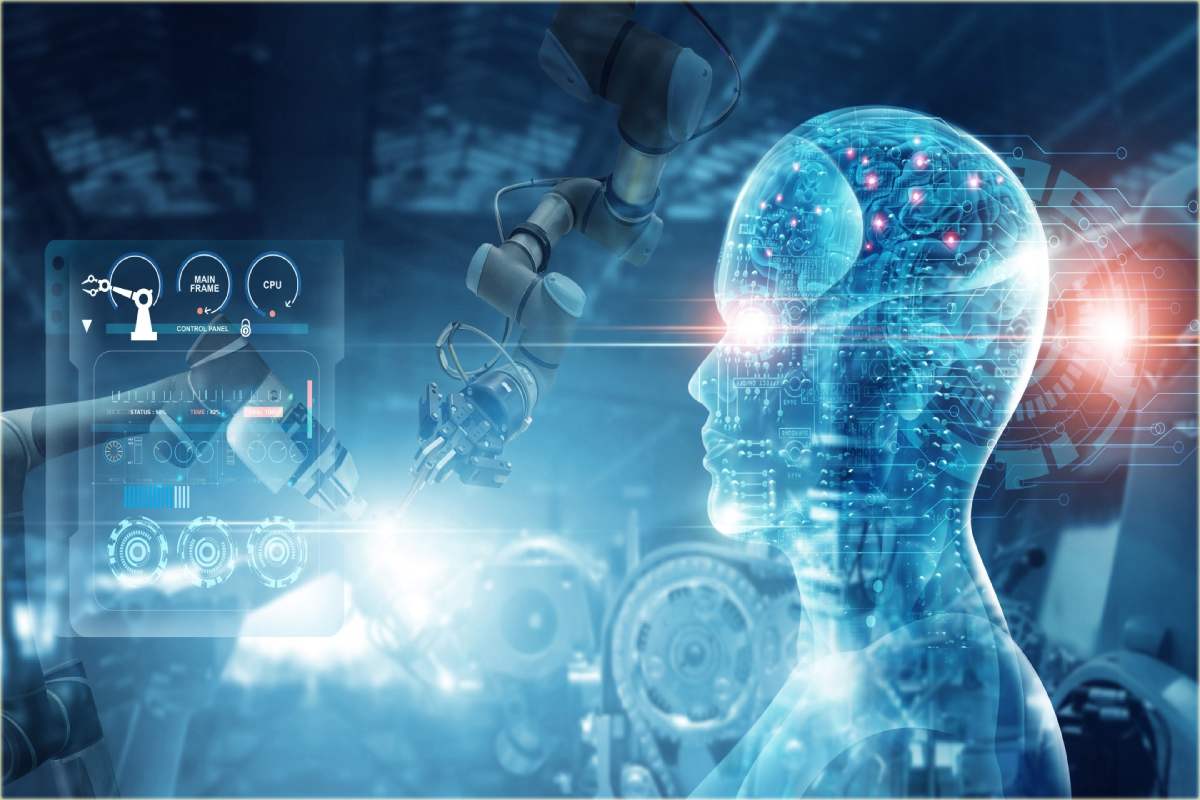Artificial Intelligence Write for us
Artificial Intelligence Write for us – The Artificial intelligence (AI) is a broad branch of computer science concerned with building intelligent machines capable of performing tasks that normally require human intelligence. Hence, While AI is an interdisciplinary science with multiple approaches. Moreover, the advances in machine learning and deep learning, in particular, are creating a paradigm shift in virtually every sector of the tech industry. To submit your article, you can email us at contact@mashableweb.com
Furthermore, Artificial intelligence allows machines to model, and even improve. Hence, the capabilities of the human mind. And from the development of self-driving cars to the proliferation of smart assistants like Siri and Alexa. However, AI is increasingly a part of everyday life and an area in which companies across all industries are investing.
How Does Artificial Intelligence (AI) Works?
So, As the hype around AI has accelerated, vendors have scrambled to promote how their products and services use AI. Often what they call AI is just a component of AI, like machine learning. Hence, AI requires a foundation of specialized hardware and software for writing and training machine learning algorithms. Hence, No programming language is synonymous with AI, but a few, including Python, R, and Java, are popular.
Why is Artificial Intelligence Important?
Hence, AI is important because it can give companies information about their operations that they may not have known before. Therefore, and because in some cases, AI can perform tasks better than humans. So, Especially when it comes to repetitive and detailed tasks, such as scanning a large number of legal documents to ensure relevant fields are filled out correctly, AI tools often perform tasks quickly and with relatively few errors.
Here are the Topics we are Looking for:
- Artificial Intelligence
- AI
- Robot
- AI Robot
- Engineering
- Future of Science
- Natural Intelligence
- Machine Intelligence
- AI Certifications
- Advance Technology
- Robotics
- Virtual Voice Comments
- Virtual Assistant
- Drones
- Driver Less Cars
- Smart Homes
- IoT
- Global Smart Hands
- Smart Innovation
- Home Automation
Why Write for Mashable Web?
How To Submit Post To Mashable-Web?
To Writes for Us, you can email us at contact@mashableweb.com
Search Term Related to Write for Us Artificial Intelligence
- “robotics” + “guest post”
- “robotics” + “write for us”
- “robotics” + “become a contributor”
- “Guest post” + “robotics”
- “robotics” + “submit guest post”
- “robotics” + “guest post guidelines”
- “Write for us” + “robotics”
- “robot” + “guest post”
- “robot” + “write for us”
- “robot” + “become a contributor”
- “Guest post” + “robot”
- “robot” + “submit guest post”
- “robot” + “guest post guidelines”
- “Write for us” + “robot”
- “artificial intelligence” + “guest post”
- “artificial intelligence” + “write for us”
- “artificial intelligence” + “become a contributor”
- “Guest post” + “artificial intelligence”
- “artificial intelligence” + “submit guest post”
- “artificial intelligence” + “guest post guidelines”
- “Write for us” + “artificial intelligence”
Guidelines of the Articles To Write For Us on www.mashableweb.com
We at Mashable Web welcomes fresh and unique content related to Artificial Intelligence.
Mashable Web allow a minimum of 500+ words related to Artificial Intelligence.
The editorial team of Mashable Web does not encourage promotional content related to Artificial Intelligence.
For publishing article at Mashable Web email us at contact@mashableweb.com
Mashable Web allows articles related to Technology, Gadgets, Business, Marketing, News, Media, Tech and Digital Marketing.
Related Pages:
Career Development write for us
Corporate Blog Write for us
Internet marketing write for us
Education Write for us
Web Development write for us
Communication Write for us
Social Media write for us
Entertainment Write for us


